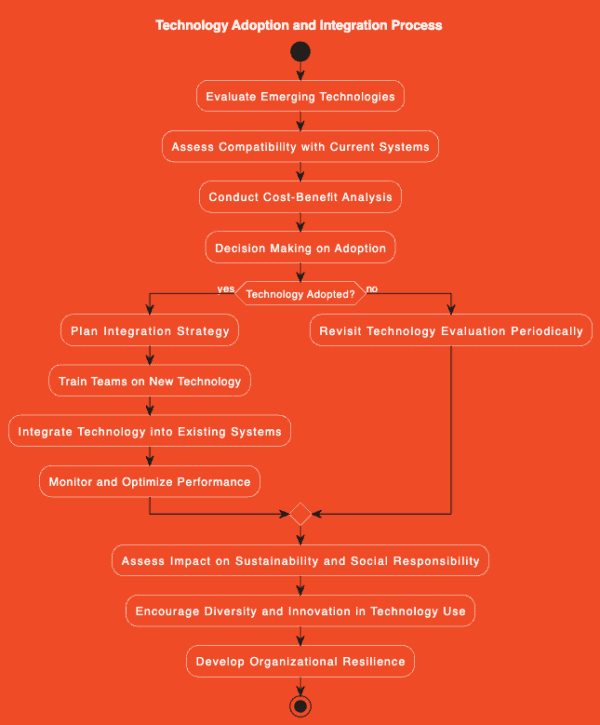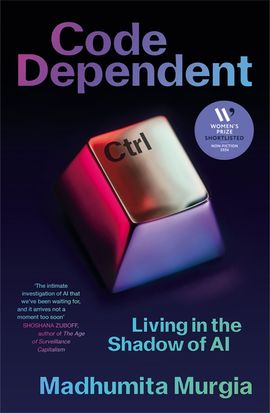Madhumita Murgia on the good, bad and wonder of artificial...
The rise of artificial intelligence (AI) has been rapid—going from science fiction to reality in no time. On the one hand, it can help you book an Uber or write your job application. On the other, it is being used to design cancer drugs of tomorrow and help space telescopes find signs of life on exoplanets light years away. Add generative AI to the mix, and you can see how AI is changing the way we live. In the middle is the “human" question: Are we aware of the consequences of AI entering our lives?
Exploring the Impact of AI
This is just one of the questions that London-based Madhumita Murgia, the first AI editor of Financial Times, tries to answer in her book Code Dependent: Living in the Shadow of AI through 10 stories of individuals whose lives have been affected by AI and AI systems.

These stories from across the world look at everyone from gig workers (systematically underpaid and undercut by AI algorithms) to doctors and activists (who are profiled using facial recognition AI). In India, we learn about a doctor using an AI app to analyse patient X-rays and estimate the risk of tuberculosis.
Elsewhere, Murgia documents AI sweatshops in Nairobi, Kenya where young workers categorise and label graphic text and snippets (that describe child sexual abuse, murder, suicide, and other harmful topics), which help train AI engines to identify, block and filter such user queries.
Challenges and Reflections
Murgia was clear that she wanted to look beyond Silicon Valley which, as she says in the book, is the nexus of technological power. “I wanted to travel and bring to life stories from places that other people don’t... I wanted to be as geographically broad as possible," says Murgia.
“The most challenging part was figuring out who would make the best stories. Because in many cases, people are either unaware that they’ve been affected by AI systems, or if they’re aware, and if they’ve been harmed by it, they don’t want to talk about it. They want to move on."

Murgia’s book comes at an interesting time. The pace at which AI has developed over the last three-four years, around the time she started working on the book, is exciting as well as alarming. “The big change in the last two years has been the pace of development of the technology, and how quickly it’s been rolled out simultaneously. There’s such a short gap between the two that there are a lot of misconceptions. It’s hard to be aware when things go wrong, because it’s all happening very quickly," says Murgia.
Looking Towards the Future
“The challenge is throwing some cold water, taking a step back and trying to show the big picture, because right now there’s just a lot of hype and excitement (around AI)," she says.
“I was always fascinated by how science impacts people, which is why I chose immunology for my master’s. I was curious about what happens when science and society cross over. My first job as a journalist was at Wired magazine, where I got to know some of today’s best-known entrepreneurs. Since then, the lens through which I’ve written about technology has been: who are the people behind it? How does it affect us as a society?

All of the media focuses on Silicon Valley and the big tech companies and the people we put on a pedestal. I wanted to look at the rest of us—how is it (AI) changing our work, education, health, the way that we live.
Potential and Challenges of AI
Science and health are the areas where AI will have the biggest impact. The company that I focus on in the book, QureAI, which is Mumbai-based, is going to do an expedition up to Everest Base Camp and use their AI system to diagnose people in Nepal with specific chest conditions that go undiagnosed most of the time.

In terms of negative impact, where I see the failings of AI the most is when you use it for social decision-making systems. Criminal justice, for instance. Should somebody get bail, should somebody be arrested? You see this in government social services.
Often when we use a computer system, we tend to rely on it more than we do on humans. We don’t notice when things go wrong, or we trust it too much.
Conclusion
As we move forward with AI, it is essential to consider the potential benefits as well as the challenges it brings. The journey of AI is still unfolding, and it is up to us to navigate the path ahead with caution and foresight.




















